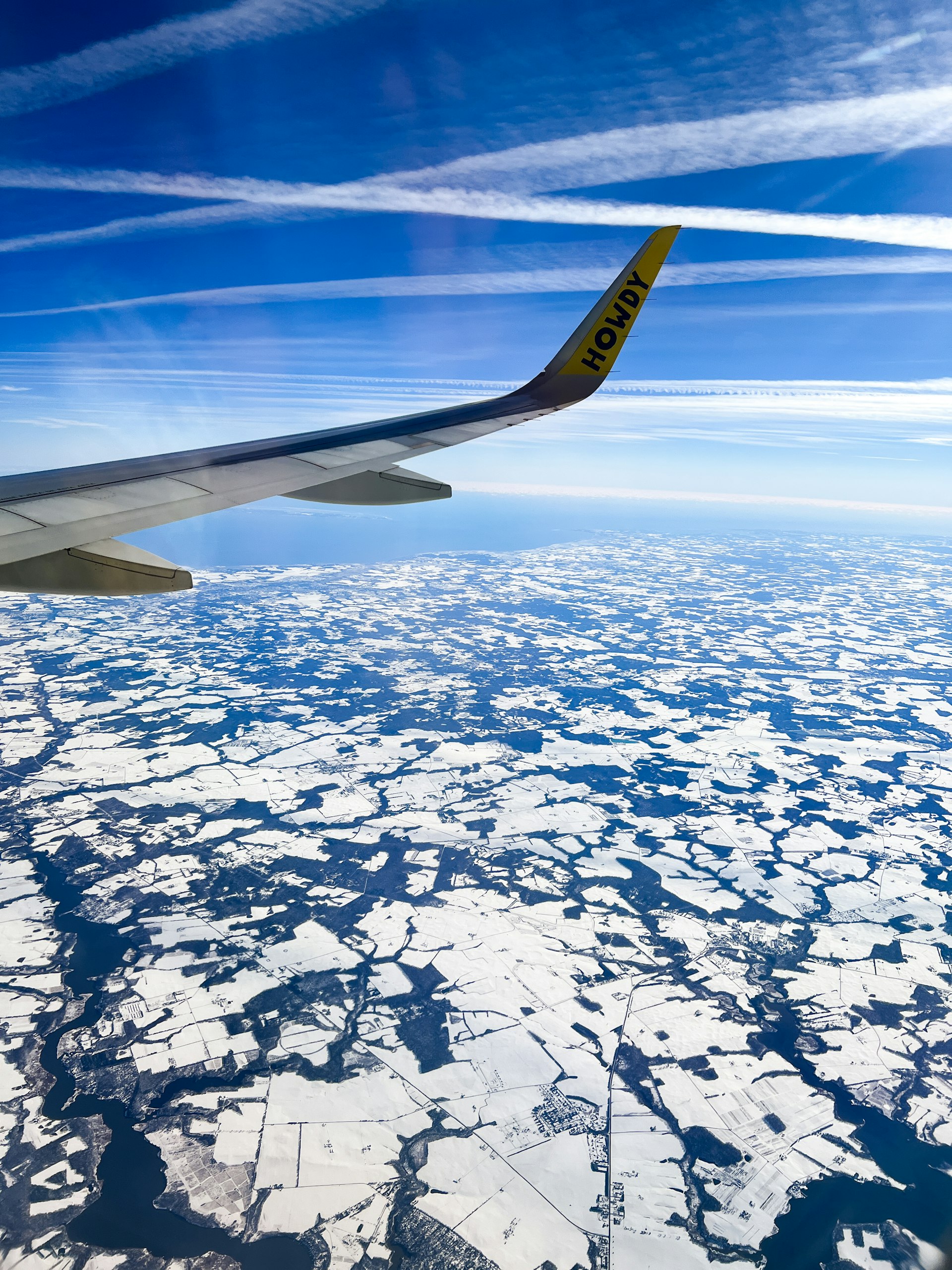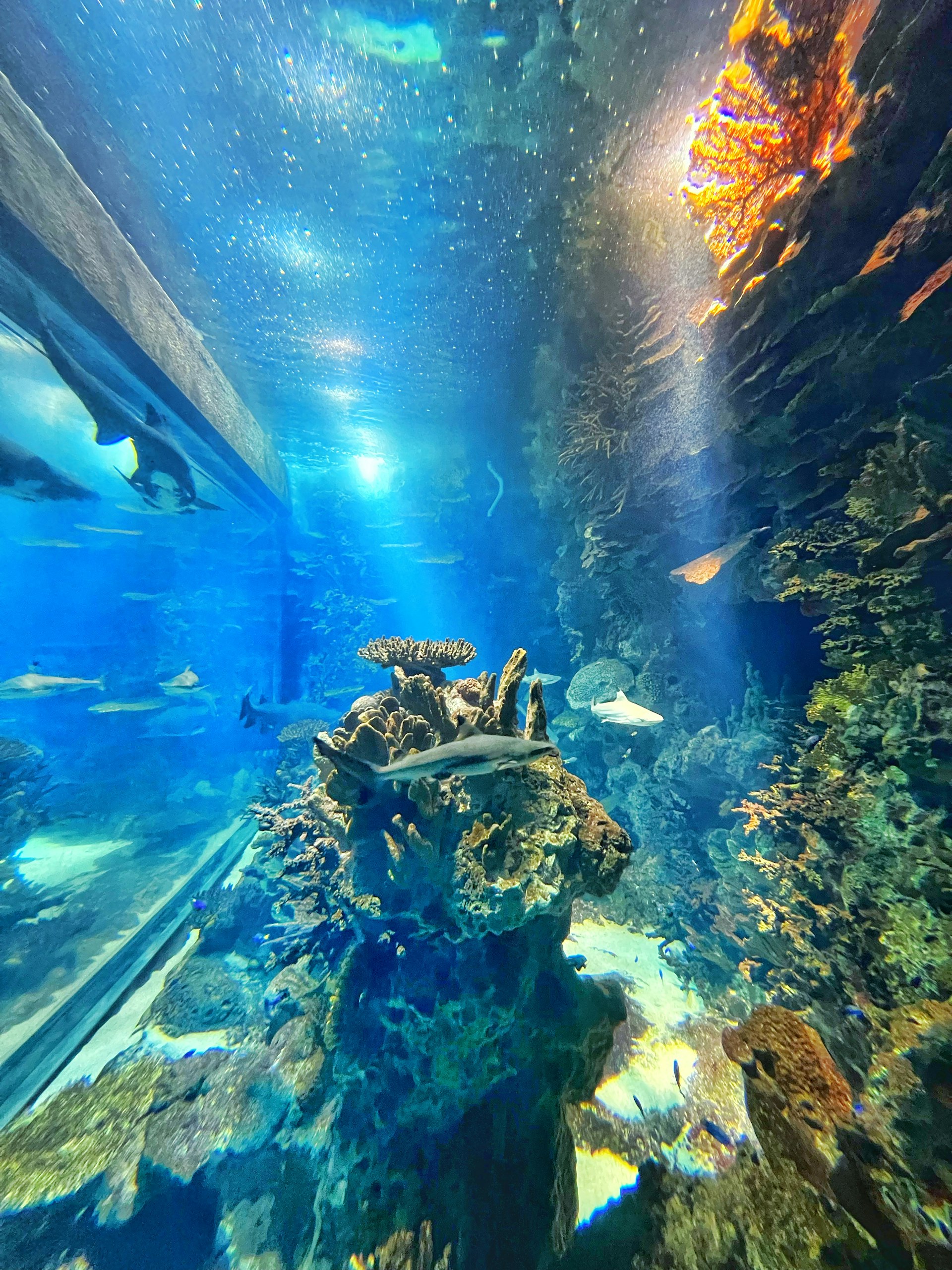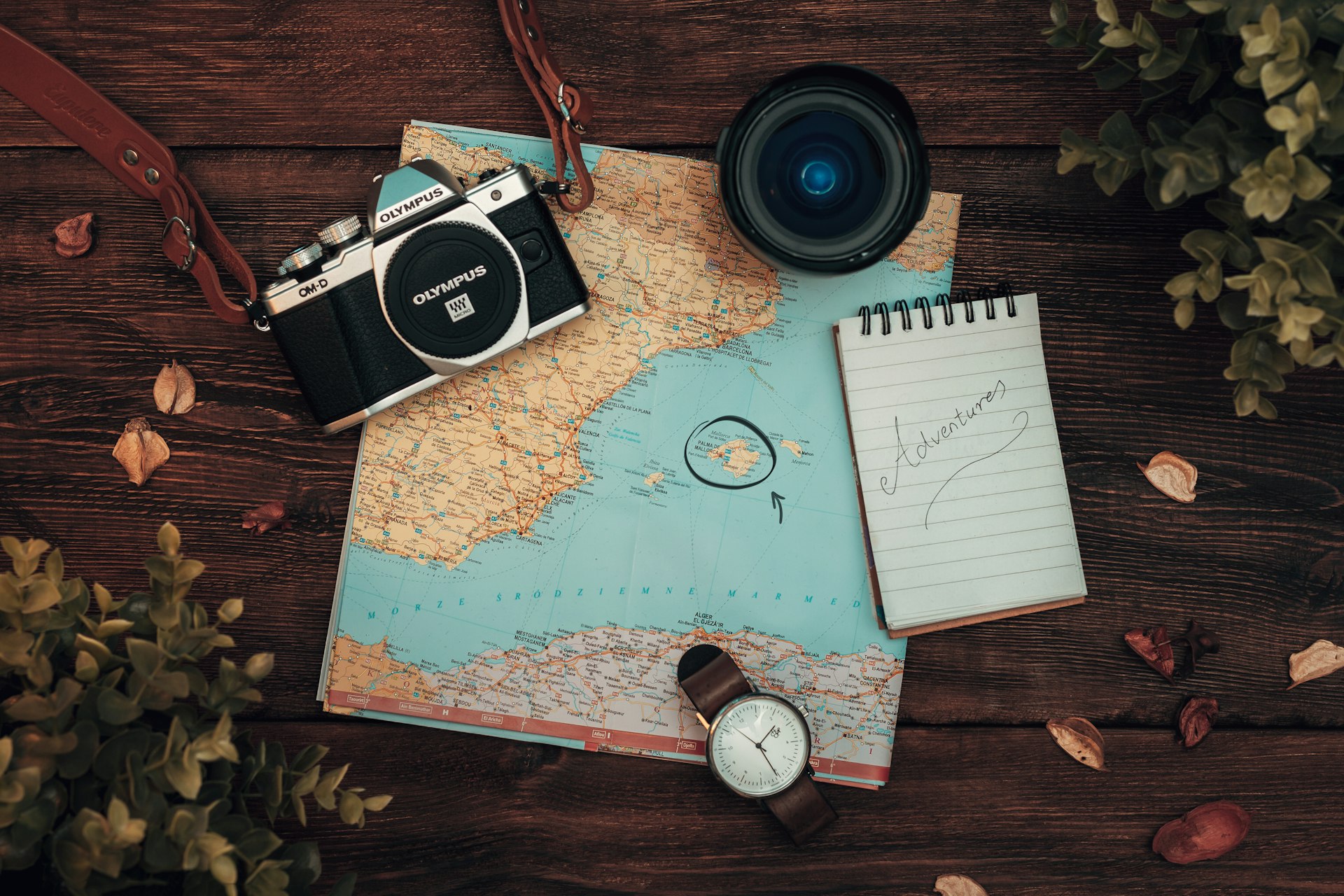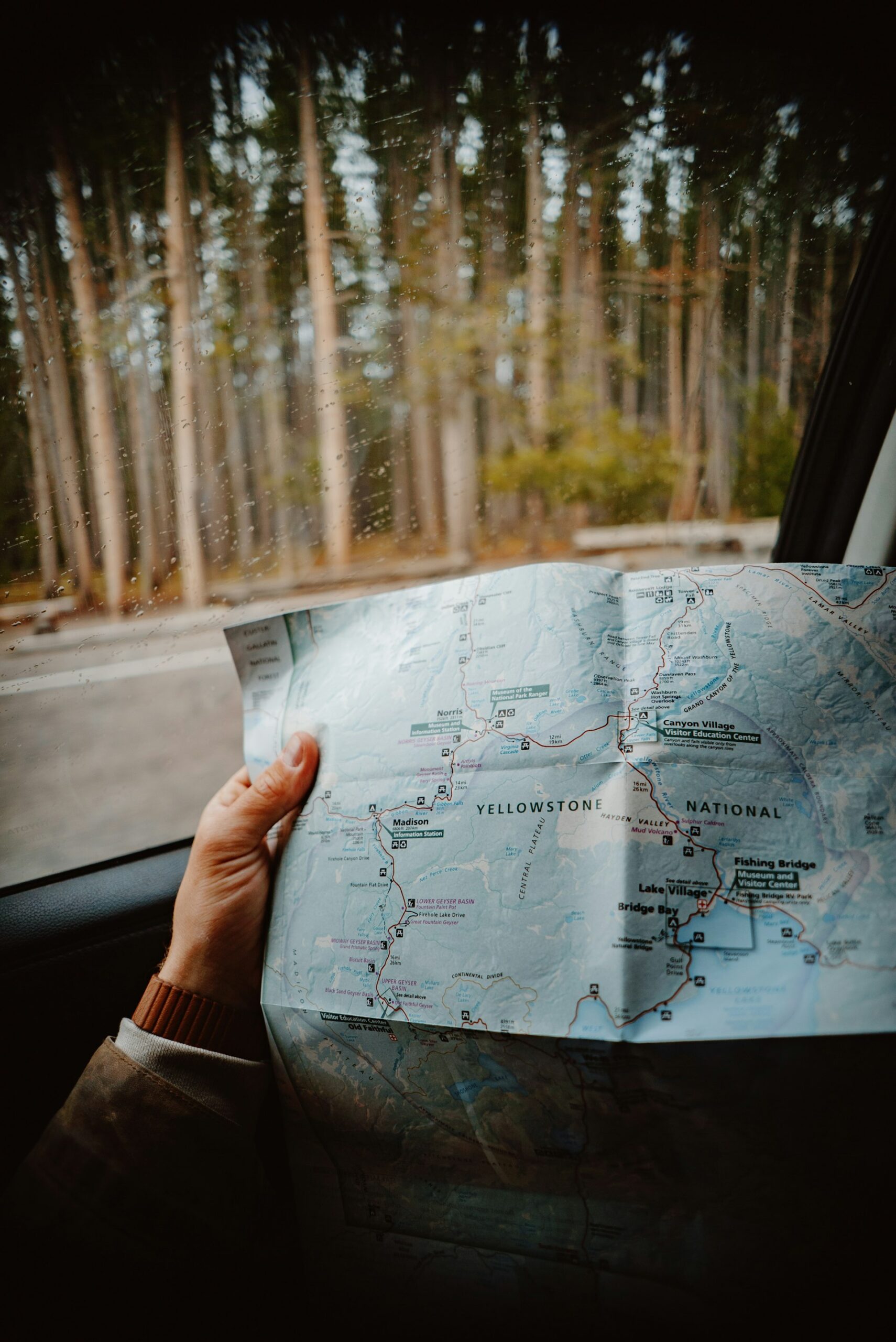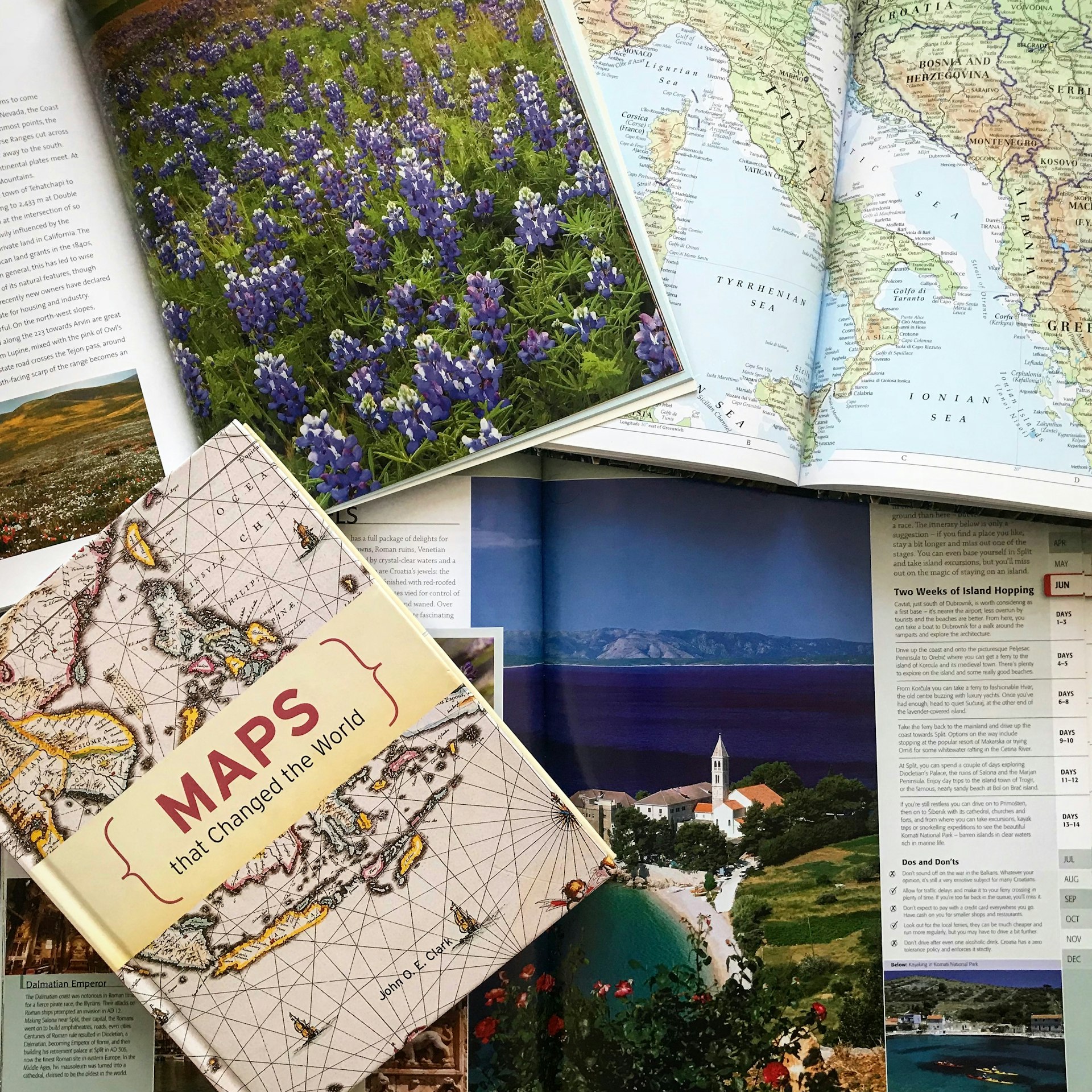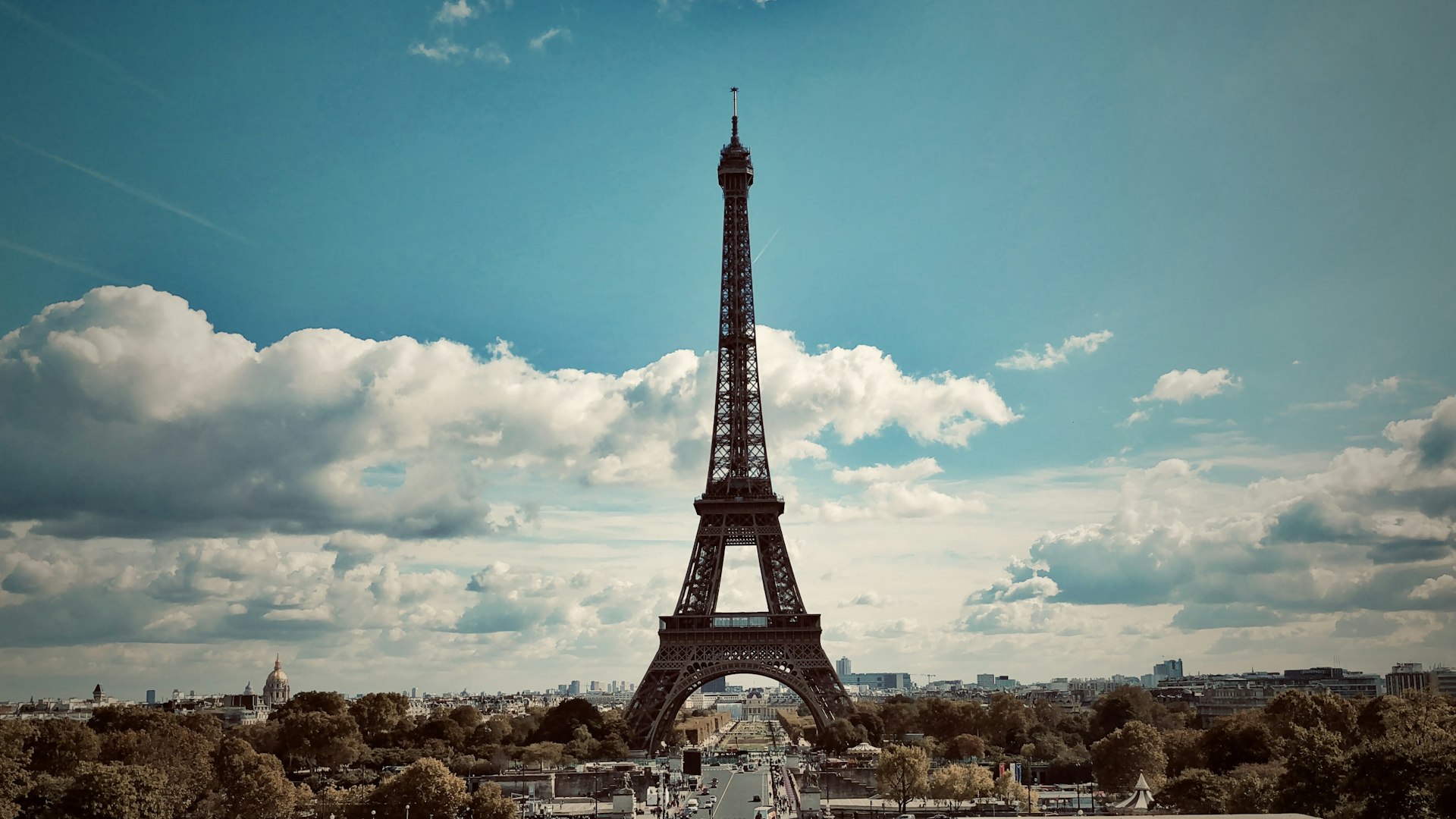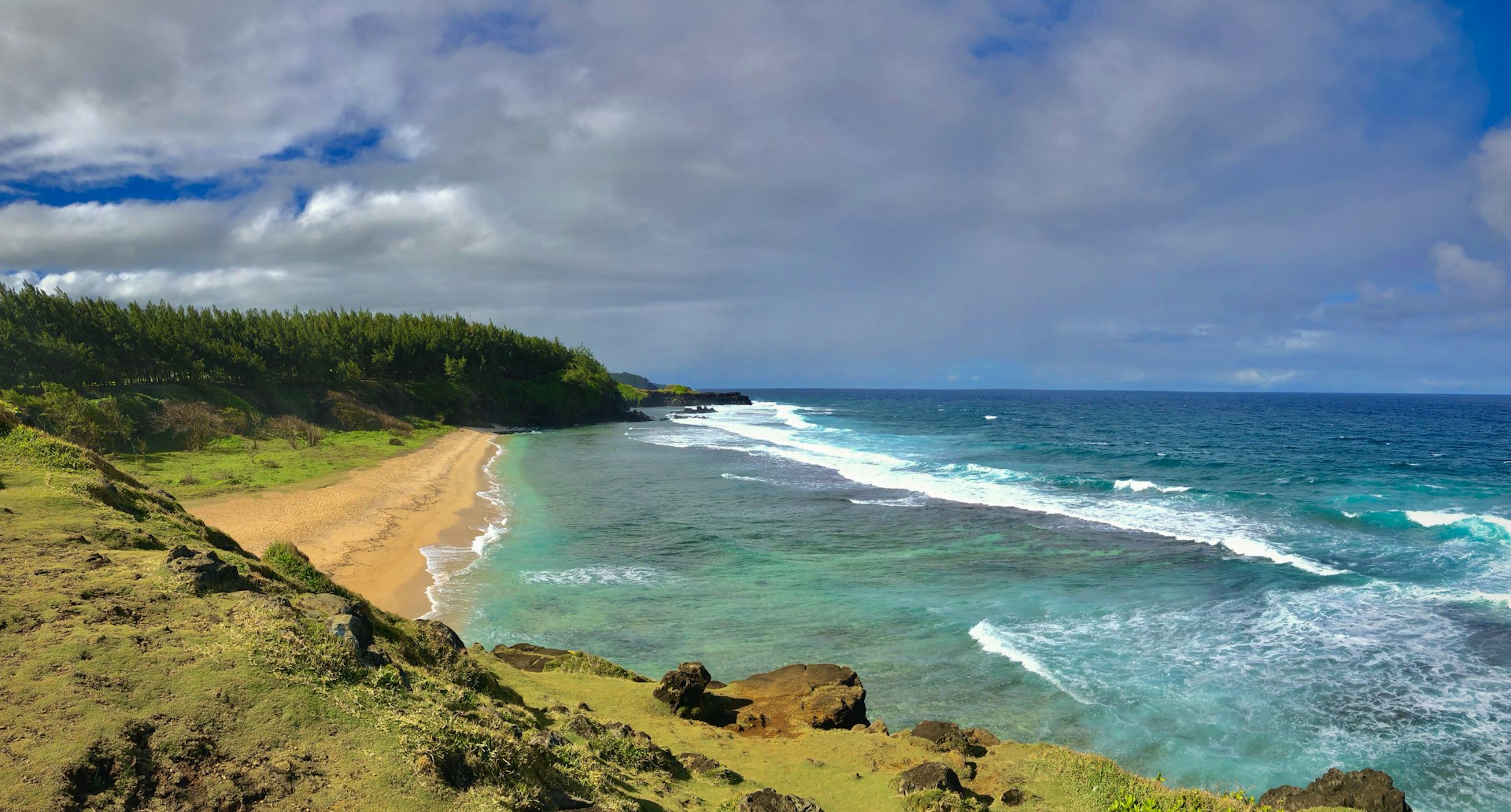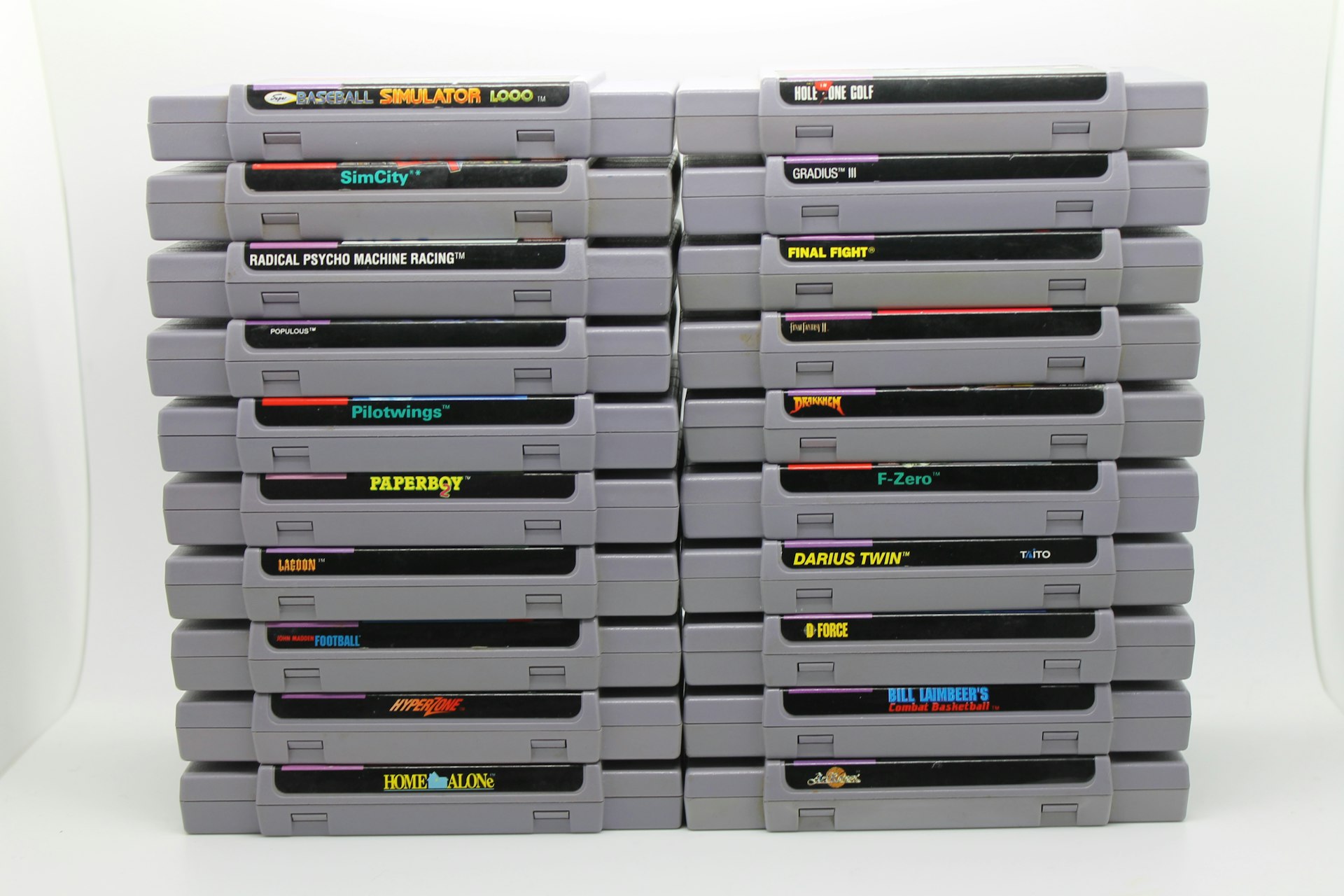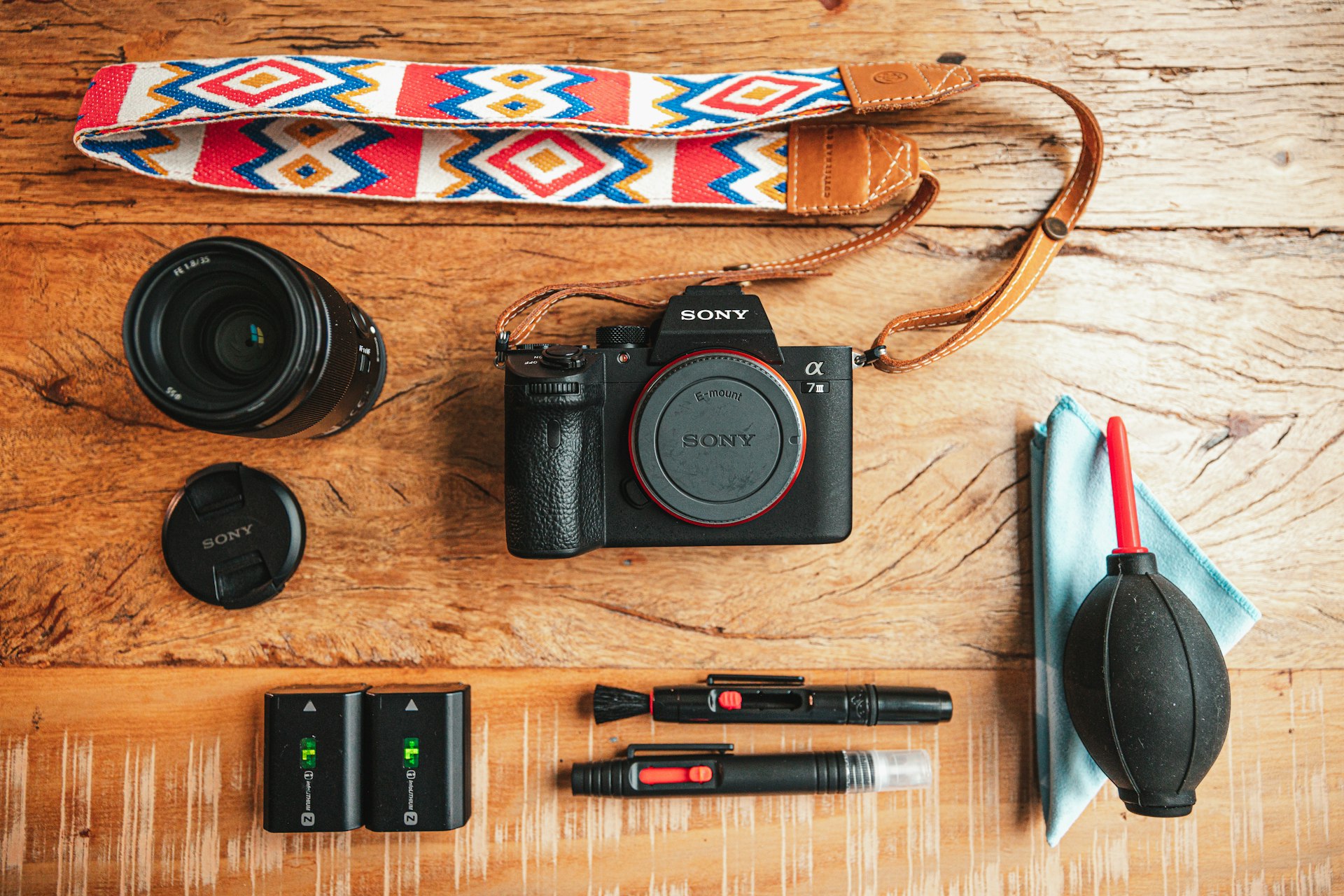Cultural Festivals: The Ultimate Global Travel Experience

Photo by Rendy Novantino on Unsplash
Introduction
Cultural festivals are powerful global travel attractions, drawing millions of visitors each year to cities, towns, and regions worldwide. These vibrant events offer unique opportunities for travelers to immerse themselves in the traditions, music, dance, cuisine, and arts of different societies. From the exuberance of Brazil’s Carnival to the artistic marvel of the Edinburgh Fringe, cultural festivals create unforgettable memories and foster cross-cultural understanding. This article explores the global impact of major festivals, highlights actionable steps for attending, and provides guidance for making the most of your festival journey.
The Appeal of Cultural Festivals for Global Travelers
Cultural festivals captivate travelers by offering authentic experiences that go beyond typical sightseeing. Whether you’re reveling in the samba parades of Rio de Janeiro, joining the water fights during Songkran in Thailand, or savoring Bavarian fare at Oktoberfest, these events allow you to participate directly in local customs. For many, attending a festival isn’t just about celebration-it’s about forging connections with people from diverse backgrounds, learning about heritage, and expanding perspectives.
[6]
Iconic Festivals That Attract Global Audiences
Many cities have become synonymous with their world-famous festivals. Here are a few that consistently draw international attention:
Carnival (Rio de Janeiro, Brazil):
Known as “The Great Show on Earth,” Carnival attracts millions of visitors annually. The city transforms into a stage for dazzling costumes, samba music, and parades. Carnival’s origins are rooted in Christian tradition but have evolved into a celebration of expression and unity across cultures.
[4]
Oktoberfest (Munich, Germany):
The world’s largest beer festival, Oktoberfest, welcomes millions to Munich each fall. Visitors can enjoy Bavarian beer, hearty German cuisine, traditional music, and vibrant parades, making it a must-experience for cultural travelers.
[3]
Songkran (Thailand):
Celebrated in mid-April, Songkran marks the Thai New Year with nationwide water fights and temple visits. The festival combines fun with cultural rituals, such as pouring water over Buddha statues and elders’ hands for blessings.
[3]
Edinburgh Fringe Festival (Scotland):
As the world’s largest arts festival, the Fringe hosts thousands of performances across genres. Artists and spectators from around the world come together for three weeks in August to celebrate creativity in all its forms.
[1]
Hanami (Japan):
This cherry blossom festival celebrates the fleeting beauty of spring, with picnics and gatherings under the blooming trees. Hanami is a symbol of Japanese appreciation for nature and the passage of time.
[3]
Planning Your Festival Travel: Step-by-Step Guidance
To fully enjoy an international cultural festival, consider the following steps:
-
Research the Festival:
Start by learning about the festival’s history, key events, and cultural significance. Official tourism websites, reputable travel blogs, and festival organizers’ pages offer reliable information. For example, to learn about the Edinburgh Fringe Festival, visit the event’s official site or consult major travel guides.
[1]
-
Check Dates and Book Early:
Major festivals often have set annual dates. Check well in advance as accommodation and flights can book up quickly. Many festivals, such as Oktoberfest and Carnival, draw international crowds, so early planning is essential.
[4]
- Secure Tickets and Passes: For ticketed events (like Cannes Film Festival or certain concerts at Sziget Festival), it’s crucial to purchase tickets only through official platforms or authorized resellers. If links to ticketing sites are unavailable, search for the event’s official website or consult trusted travel agents specializing in festival tours.
-
Understand Local Customs and Etiquette:
Learn about cultural norms, dress codes, and festival etiquette. For instance, Cannes Film Festival enforces a strict dress code for red carpet events, requiring formal attire.
[1]
- Prepare for Logistics: Consider transportation options, festival maps, and accessibility. Some festivals, like Songkran or Carnival, involve citywide celebrations, so plan how you’ll navigate crowds and reach venues.
- Pack Accordingly: Bring weather-appropriate clothing, festival essentials (such as reusable water bottles, sun protection, and earplugs), and any cultural items required for participation (e.g., costumes for Carnival, traditional attire for Oktoberfest).
Practical Strategies for Accessing Festival Opportunities
There are various ways to access and enjoy global cultural festivals:
- If you want to volunteer or participate in festival operations, many events offer programs for international volunteers. Search for “volunteer opportunities at [festival name]” and review official event pages for details. These programs may require applications months in advance.
- Travel companies and tour operators often provide festival packages that include tickets, accommodation, and guided experiences. When booking, confirm that operators are reputable and packages are legitimate by checking reviews and looking for affiliations with official tourism boards.
- For immersive experiences, look for local workshops or side events during the festival period. For example, during Hanami, community centers and parks may host cultural demonstrations, tea ceremonies, or craft workshops. Consult the city’s official tourism website or major travel guidebooks for event listings.
Challenges and Solutions
While attending a major festival can be a dream come true, travelers may encounter challenges such as:
- Crowds and Overcrowding: Large festivals like Carnival or Oktoberfest attract millions, leading to packed streets and limited accommodation. To mitigate this, book early and consider visiting on less crowded days or attending satellite events in smaller venues.
- Language Barriers: If traveling to a country where you don’t speak the language, learn a few key phrases and download translation apps. Many festival staff and guides are accustomed to assisting international visitors.
- Ticket Scams: Only purchase tickets through verified sources. If you can’t find a direct ticketing link, use trusted travel agencies or search for the festival’s official website.
- Weather and Safety: Some festivals, like Songkran or the Jaisalmer Desert Festival, are held outdoors and can be affected by weather conditions. Check forecasts, pack accordingly, and monitor local travel advisories for safety updates.
Alternative Approaches to Festival Travel
If you’re unable to attend a major festival in person, consider these alternatives:

Photo by Dibakar Roy on Unsplash
- Virtual Experiences: Many festivals now offer live streams or virtual participation. For example, the Edinburgh Fringe and Cannes Film Festival have provided digital access in recent years. Search for “[festival name] virtual access” for up-to-date options.
- Local Cultural Events: Many cities host smaller-scale cultural festivals inspired by global traditions. Check your local tourism board’s website or community event listings for opportunities to experience cultural celebrations closer to home.
Key Takeaways
Cultural festivals are among the most rewarding travel experiences, offering a gateway into the heart of a community’s traditions, artistry, and social life. Whether you travel for the spectacle, the music, the food, or the chance to connect with others, planning and preparation are key. Use official resources, plan ahead, and remain open to the diversity of experiences each festival offers. For the most current information, always consult official festival and tourism websites, and seek guidance from reputable travel professionals for tickets and logistics.
References
MORE FROM dealseekersguide.com
